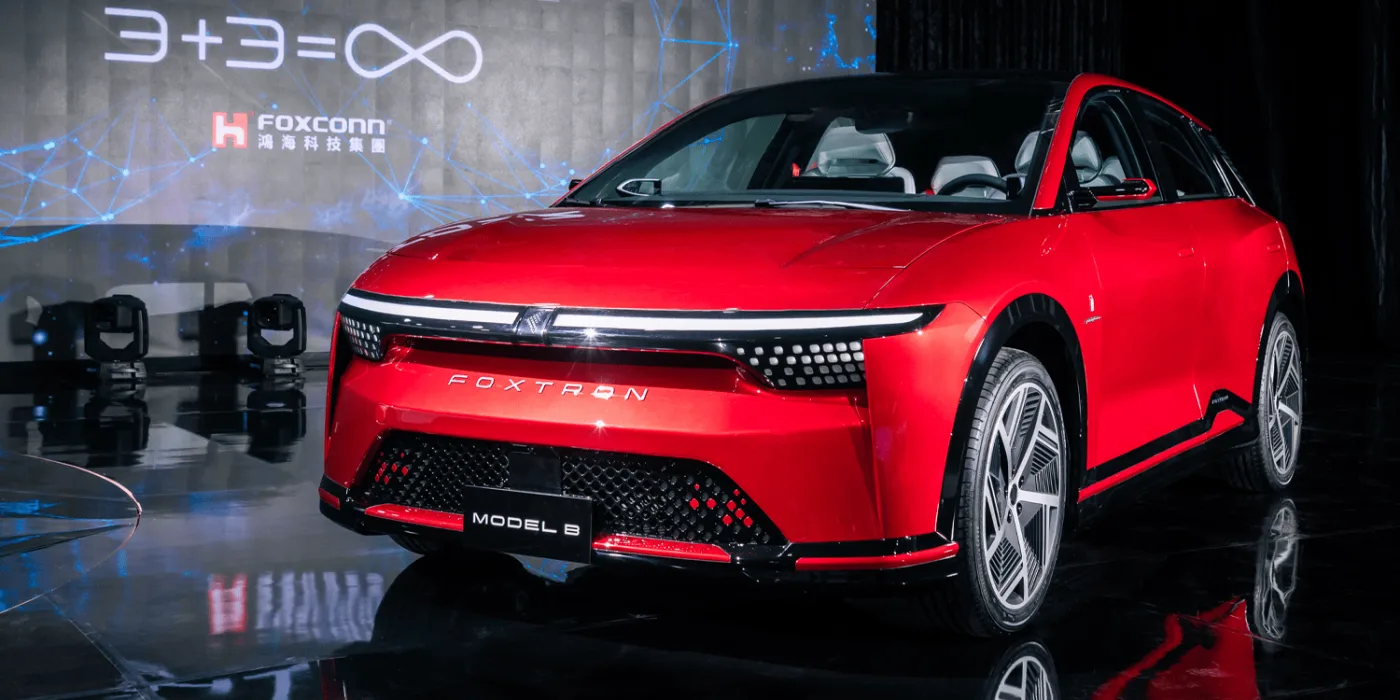Taiwanese contract manufacturer Foxconn, a subsidiary of the Hon Hai Technology Group, has signed a strategic cooperation agreement with the Henan provincial government in China. This agreement aims to establish trial production plants for electric vehicle (EV) and solid-state batteries.

Strategic Cooperation and Investment
According to media reports, Foxconn will set up its trial manufacturing center in the Zhangzhou Airport Economic Comprehensive Experimental Zone. The facility will cover approximately 700 acres and include several key components:
- Business headquarters
- R&D center
- Engineering center
- Industrial research institute
- Marketing center
- Supply chain management center
Foxconn plans to invest around 1 billion yuan (approximately 138 million dollars) in this new site. The company aims to manufacture batteries for “well-known domestic and foreign automobile brands,” leveraging its extensive experience in contract manufacturing.
Foxconn’s Expanding EV Footprint
Foxconn is not new to the EV industry. Earlier this year, it established a new-energy vehicle (NEV) company in Henan Province, China, focused on researching and manufacturing NEV components. The company has been proactive in developing EV-related technologies and partnerships:
- Mobility in Harmony Platform: An open vehicle platform used in the B-ON transporter Pelikan.
- Solid-State Batteries: Collaboration with Bolloré in 2023 to develop solid-state batteries for electric two-wheelers.
- SiliconAuto Joint Venture: Formed with Stellantis to develop and sell advanced semiconductors for EVs, headquartered in the Netherlands.
Previous Ventures and Global Expansion
Foxconn’s EV ventures are part of a broader strategy to diversify its manufacturing portfolio. Notably:
- Saudi Arabia: In 2022, Foxconn acquired land to produce electric cars for the brand Ceer, which aims to launch EVs in Saudi Arabia by 2025.
- Partnerships: The company continues to form strategic partnerships and joint ventures to enhance its capabilities in the EV and battery sectors.
Conclusion
Foxconn’s latest move to produce EV and solid-state batteries in China underscores its commitment to expanding its footprint in the electric vehicle market. By investing in advanced manufacturing facilities and leveraging strategic partnerships, Foxconn aims to become a significant player in the global EV supply chain, catering to both domestic and international automobile brands.